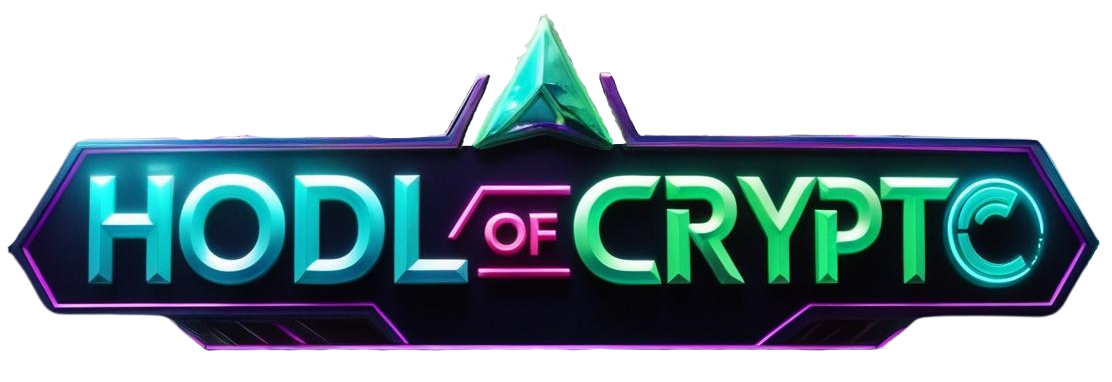When it comes to spot vs futures trading, it’s essential to grasp the technicalities of both strategies. While both options are popular in the trading world, the fundamental differences can significantly impact your approach. In this breakdown, we’ll focus on the mechanics of each trading style, highlighting key features, risks, and use cases for each.
Spot Trading: Instant Transactions with Clear Outcomes
Spot trading is based on the principle of immediate transactions. When you buy an asset, the transaction happens right away at the current market price. This “instant settlement” model means that traders take immediate ownership of the asset. There’s no waiting, and no future commitments are required. It’s essentially a straightforward exchange where what you see on the screen is what you get.


One of the key advantages of spot trading is its transparency. You can track the price movements in real-time, making it a favored option for traders who prefer clarity and simplicity. However, this means that spot markets are highly volatile. If the market moves rapidly, your exposure to risk can increase significantly, and you’re often trading with your own capital without the option of leverage.
Futures Trading: Leveraging Contracts for Strategic Gains
In contrast, futures trading allows traders to lock in a price for an asset to be bought or sold at a future date. The ability to use leverage is one of the major distinctions of futures markets. This means that traders can control large positions with a smaller amount of capital, offering the potential for higher profits—but also the risk of substantial losses if the market moves unfavorably.
Moreover, futures contracts provide traders with strategic tools like hedging, which is useful for managing price volatility over time. Businesses, such as farmers, can use futures contracts to lock in the price of goods like crops, mitigating the risks associated with market fluctuations. The downside, however, is that futures come with expiration dates. If positions aren’t managed correctly, traders could find themselves obligated to buy or sell an asset against their original intentions.


Spot Trading vs Futures: Risk Management and Strategy Considerations
When comparing spot vs futures markets, risk management is a critical factor. Spot trading is generally less risky in terms of exposure because of its immediate nature. Since trades are settled instantly, there’s less chance of a position going wrong overnight or being forced to sell due to an expiration date. However, spot traders remain vulnerable to rapid market changes, where sudden price movements can lead to significant losses without protection.
Futures markets, on the other hand, offer tools like stop-loss orders, but the use of leverage can increase the stakes significantly. A single misstep with leverage can result in larger-than-expected losses, particularly if the market swings in the opposite direction. It requires a more disciplined approach and a thorough understanding of risk management techniques to prevent catastrophic losses.


Choosing Between Spot vs Futures Markets: A Technical Perspective
Ultimately, the decision between spot and futures trading comes down to your trading goals and risk tolerance. Spot markets are ideal for those who prioritize simplicity and immediate ownership, and prefer avoiding the complexities of leverage and expiration dates. These markets are often favored by day traders and short-term traders who thrive on quick decisions and fast executions.
Futures contracts, on the other hand, appeal to traders seeking greater flexibility and strategic options. With futures, you have the ability to hedge, use leverage, and even profit from falling markets. However, these strategies come with higher risk and demand a deeper understanding of market dynamics. For those interested in long-term planning and complex strategies, futures markets provide an advantage.
Final Thoughts: Spot and Futures – Which Trading Style Suits Your Strategy?
When comparing spot vs futures trading, neither is inherently better than the other. The choice depends on your trading strategy, risk tolerance, and investment goals. Spot markets provide simplicity and immediate results, while futures markets offer advanced tools and greater flexibility but require more careful management. Whether you choose one over the other—or decide to blend both into your strategy—ensuring you’re well-informed and prepared is essential.
Relevant news: here











